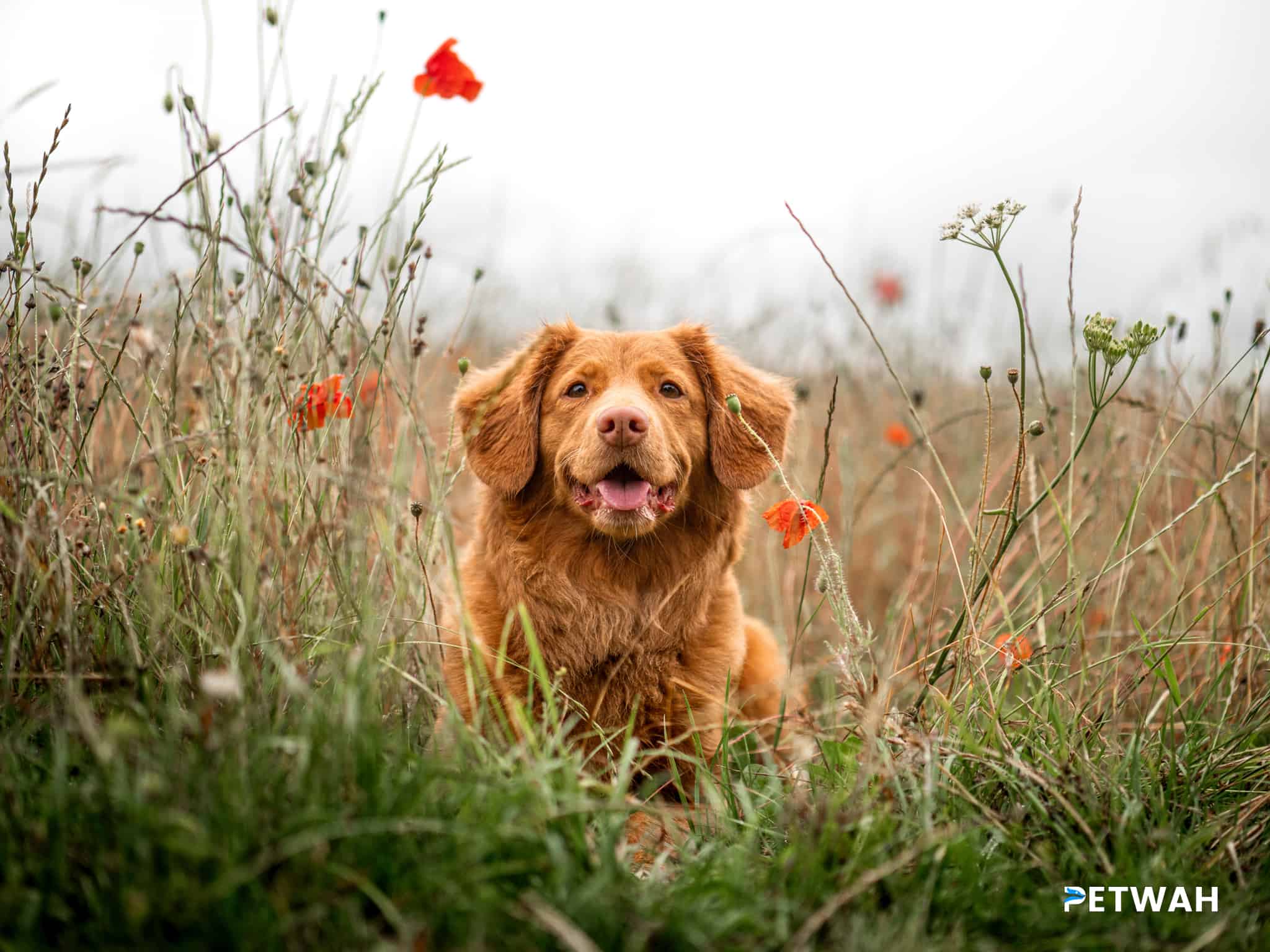Pitbulls, also known as American Pit Bull Terriers, are a breed of dog that originated in the United States. They are a medium-sized, muscular breed known for their strength, athleticism, and loyalty. Pitbulls have a short, smooth coat that can come in a variety of colors, including black, blue, red, fawn, and brindle.

Despite their reputation for aggression, Pitbulls can make excellent family pets when raised and trained properly. They are known for their loyalty and affection towards their owners and can be good with children when socialized early on. However, they can be prone to dog aggression, and it’s important to supervise them around other animals.
Pitbulls require plenty of exercise and mental stimulation to prevent boredom, which can lead to destructive behavior. They are active dogs that enjoy playing and exercising with their owners. Training and socialization are also essential for a Pitbull’s overall well-being and can help to prevent behavior problems.
Unfortunately, Pitbulls are often subjected to breed-specific legislation, which can make it difficult for them to find homes and receive proper care. It’s important to advocate for responsible dog ownership and to treat all dogs as individuals, rather than judging them based on their breed.
What is the average lifespan of a Pitbull?
The average lifespan of a Pitbull can vary depending on several factors, such as genetics, diet, lifestyle, and healthcare. Generally speaking, the average lifespan of a Pitbull is between 12 and 14 years, although some may live longer or shorter lives.
Pitbulls, like all dogs, are susceptible to certain health issues that can affect their lifespan. Some common health problems in Pitbulls include hip dysplasia, allergies, skin conditions, heart disease, and cancer. Proper nutrition, exercise, and regular veterinary check-ups can help prevent or manage these health issues and increase a Pitbull’s lifespan.
Another factor that can impact a Pitbull’s lifespan is its environment and lifestyle. Dogs that are kept indoors and receive regular exercise and mental stimulation tend to live longer than dogs that are kept outdoors or lack proper exercise and stimulation. Pitbulls, in particular, require plenty of exercise and attention to maintain their physical and mental health.
Finally, genetics also plays a role in a Pitbull’s lifespan. Some lines of Pitbulls may be prone to certain health issues or have shorter lifespans than others. It’s important to research a breeder’s reputation and health testing before purchasing a Pitbull puppy to increase the likelihood of a long and healthy life.
In summary, the average lifespan of a Pitbull is between 12 and 14 years, but several factors can influence a Pitbull’s lifespan, including genetics, diet, lifestyle, and healthcare. It’s important to provide Pitbull with proper nutrition, exercise, healthcare, and attention to help them live long and healthy life.
Several factors (in-depth) can affect a Pitbull’s lifespan, including:
Genetics: The breed of the Pitbull and its genetics can play a significant role in its lifespan. Pitbulls from well-bred bloodlines that are free from genetic disorders are likely to live longer and healthier lives than those from poorly bred bloodlines.
Diet: A well-balanced diet is essential for a Pitbull’s overall health and can impact its lifespan. Feeding your Pitbull, a diet that is rich in nutrients and free from harmful chemicals and additives, can help to prevent health problems and promote longevity.
Exercise: Regular exercise is crucial for a Pitbull’s physical and mental health. Pitbulls are active dogs that require plenty of exercise and mental stimulation to prevent boredom, which can lead to destructive behavior.
Healthcare: Regular veterinary check-ups and preventative care, such as vaccinations and parasite prevention, can help to prevent or manage health issues that can impact a Pitbull’s lifespan.
Lifestyle: A Pitbull’s lifestyle can also affect its lifespan. Dogs that are kept indoors and receive regular exercise and mental stimulation tend to live longer than those that are kept outdoors or lack proper exercise and stimulation.
Environmental factors: Environmental factors, such as air pollution, climate, and living conditions, can also impact a Pitbull’s lifespan.
Health issues: Certain health issues, such as cancer, heart disease, allergies, and hip dysplasia, can impact a Pitbull’s lifespan. Preventative care, such as regular check-ups and preventative measures, can help to manage these issues and promote longevity.
Conclusion
In conclusion, the average lifespan of a Pitbull is between 12 and 14 years, although some may live longer or shorter lives. There are factors that can influence a Pitbull’s lifespan, these include the above-mentioned genetics, diet, exercise, healthcare, lifestyle, environmental factors, and health issues. Providing proper care and attention, such as a well-balanced diet, regular exercise, preventative healthcare, and early socialization and training, can help to increase a Pitbull’s lifespan and promote overall health and well-being. It’s important to advocate for responsible dog ownership and to treat all dogs as individuals, rather than judging them based on their breed.
If you liked this article (or if it helped at all), leave a comment below or share it with friends, so they can also know What is the average lifespan of a Pitbull?







.jpg)